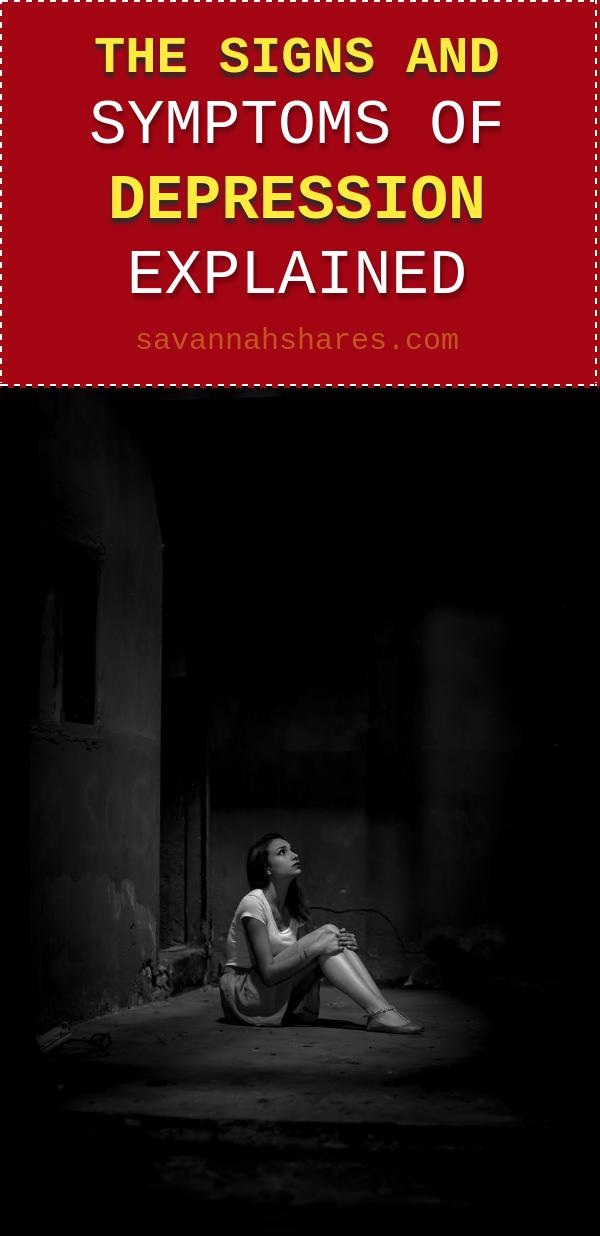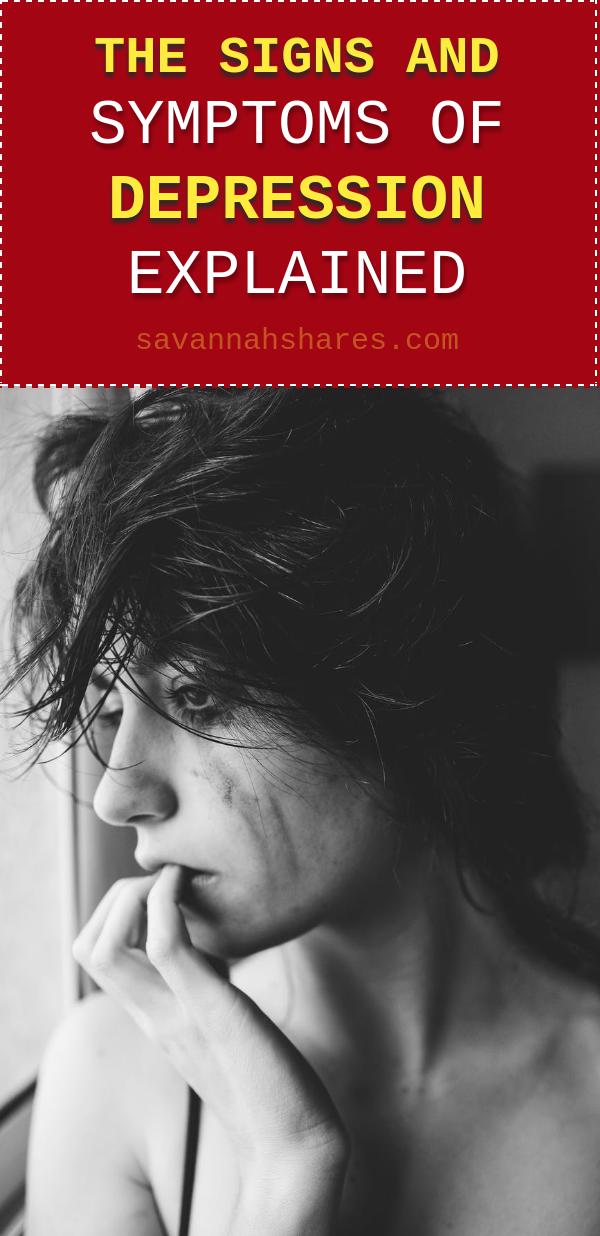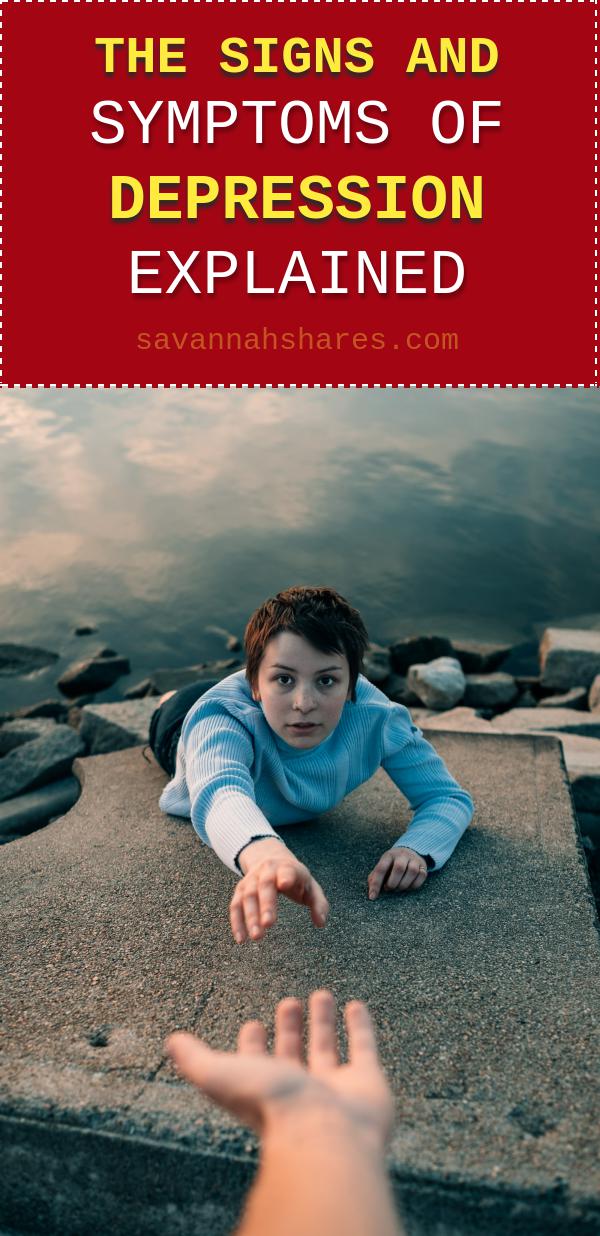Depression can be described as a state of deep sadness. It is most often accompanied by feelings of hopelessness, irritability, feeling of worthlessness, inability to make decisions, loss of interest in usual activities, and loss of interest in activities that once interested you. The sadness and other negative emotions are referred to as depressive symptoms.
Some of the most common symptoms of depression include feelings of hopelessness, feelings of worthlessness, tension, being drained of energy, having trouble concentrating, experiencing physical pain, having trouble sleeping, feeling depressed, feeling detached from reality, not taking pleasure in life, feeling apathetic, being angry or aggressive, avoiding social contact, avoiding physical activity and feeling isolated or disconnected from others. People with depression have difficulty in making decisions or forming plans, have trouble concentrating, and find it difficult to concentrate and do more than a few things at a time. It is not uncommon for people with depression to withdraw from social relationships.

Studies show that as many as 80% of patients diagnosed with clinical depression attend social events, which implies that their inability to attend social events may be as a result of depression. This may lead to isolation in the patient.
The signs of depression also differ from person to person. You may be able to recognize some early symptoms, but later in the day or in a day or two, you may become over-energized, and you will find that you cannot do the things that you used to enjoy doing. This can be described as the withdrawal of your energy.
If you feel these signs of depression, then you need to seek professional help and treatment. There are many treatments that are available to help in the early stages of depression. Medication may be prescribed by your doctor, or if you prefer, you can also be treated at home. Keep in mind that it is always best to see a professional on a regular basis, and you should be having good communication with them.
One type of treatment is cognitive behavioral therapy, which is most often recommended. This is because this type of therapy gives you insight into your thoughts and helps you change your behavior. The therapist can also help you understand why you feel the way you do and what you can do to change it.
Also, if you do not want to see a professional, but you still want to seek help for your depression, it is a good idea to see a counselor. Often, you will find that seeing a counselor, such as a psychiatrist, is not enough, and you will need additional treatment.
In addition to medication, some people choose to use psychological therapy. Some forms of psychotherapy include talking therapies, cognitive therapy, and group therapy.
Psychotherapy and cognitive therapy can work in a variety of ways. Some of these methods are cognitive restructuring, which teaches you how to manage your thoughts and encourage better thoughts; exposure therapy, which teaches you how to cope with stressful situations; or restorative therapy, which helps you deal with traumatic memories.

There are other types of treatment, including medications, exercise, and sometimes physical treatments, such as antidepressants. These all work to treat the problem and help you with your depression.
Having problems with depression can interfere with your social activities and with your ability to live normally. Because of this, seeking help for depression is a very important thing to do.

